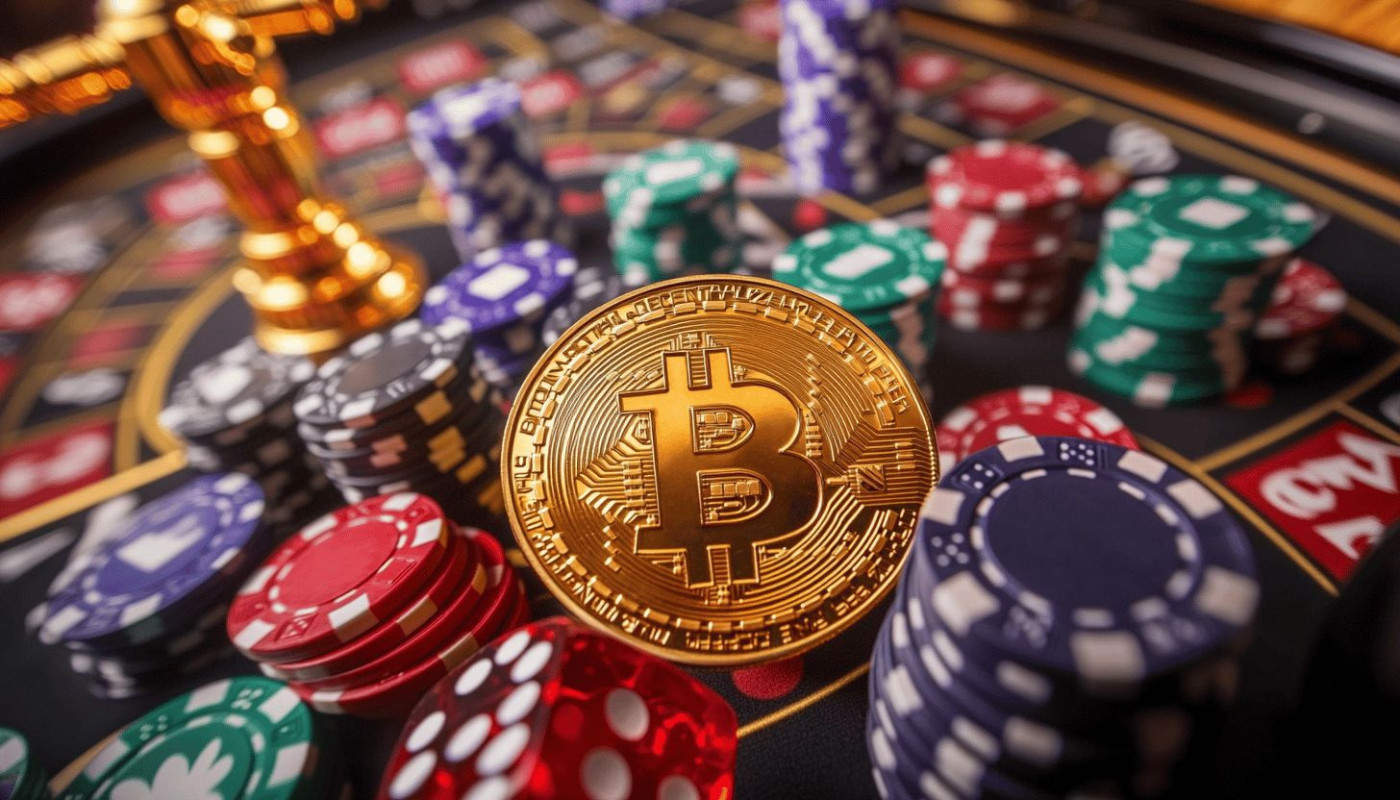Table of contents
Venture into the enigmatic world of betting, a realm where risk and reward dance a delicate tango, luring individuals from all walks of life into its gripping embrace. The psychology behind this age-old practice is as fascinating as it is complex, weaving together elements of emotion, reasoning, and the innate human quest for thrill. Why do people willingly plunge into the uncertainty of betting? What drives the decision to risk hard-earned money on an unpredictable outcome? These questions touch upon the core of human nature, revealing our relationship with chance, expectation, and the allure of potential gain. The following discourse delves deep into the psychological underpinnings that fuel the betting phenomenon, offering insights into the interplay of cognition and emotion that governs this compelling activity. Prepare to embark on an intellectual journey that promises to both enlighten and intrigue, as we unravel the psychological tapestry that entices individuals to take the bet. Continue reading to unearth the motivations, cognitive biases, and emotional triggers that define the betting psyche.
Understanding the Gambler's Fallacy
The concept of the Gambler's Fallacy is a fascinating insight into the cognitive biases that influence betting behavior. This fallacy encapsulates the mistaken belief that the probability of a future event can be affected by past occurrences, especially in the context of independent random events. It's a common misconception among bettors who perceive that, for example, after a run of reds on a roulette wheel, a black is now due. This belief in corrective patterns within random sequences leads to irrational decisions, where individuals are swayed by the erroneous idea that 'luck' must somehow balance out. These miscalculations can significantly skew betting strategies, as bettors might persist in placing bets under the false assumption that their chances of winning increase after a series of losses. It's a misleading perception of probability that can have detrimental effects on the decision-making process within gambling activities. A cognitive psychologist or a behavioral economist would attribute these flawed patterns of thought to 'heuristics,' which are mental shortcuts that simplify decision-making, often at the cost of accuracy or rationality.
The Role of Dopamine in Betting
The human brain is wired to seek out activities that release dopamine, a neurotransmitter closely linked to feelings of pleasure and the brain's reward system. In the realm of betting, each wager carries with it the anticipation of a win, a potent psychological trigger that causes dopamine release. This biochemical response is key to understanding why individuals continue to place bets, despite potential monetary losses. As individuals engage in betting, the mere prospect of winning can trigger a dopamine surge, reinforcing the behavior and driving them to repeat the action in hopes of experiencing that same sense of reward.
The cycle of betting is thus not just a matter of financial risk but is deeply rooted in neurochemical processes. Even when a bettor experiences a loss, the memory of the dopamine-driven pleasure associated with past wins may overpower rational decision-making, leading to persistent betting. Experts in neuroscience and psychology, particularly those focusing on addiction, emphasize the role of dopamine in this cycle. They point out that, over time, this continuous loop of expectancy and reward-seeking behavior can potentially develop into a betting addiction. The importance of this neurotransmitter in the context of betting cannot be overstated, as it provides a fundamental explanation for why the activity can be so captivating and, for some, difficult to resist.
Social Influences on Betting Decisions
The phenomena of "social influences" on betting cannot be overstated. The role of "peer pressure" is particularly significant, as individuals often make wagering choices that align with the expectations or actions of their friends and peers. This is a clear manifestation of "group dynamics" at work, where the desire for social acceptance may lead someone to participate in betting activities, even when such actions may exceed their own levels of comfort with risk. The weight of collective opinion often prompts individuals to conform to the betting behaviors that they perceive as being the norm within their social circles.
Moreover, the "social media impact" on betting trends is profound. Platforms such as Facebook, Twitter, and Instagram serve not only as arenas for sharing wins and losses but also as spaces where betting culture is propagated and celebrated. As a result, social media networks can act as echo chambers, amplifying the visibility of betting successes and often overshadowing the risks and losses. This pervasive exposure can normalize betting and potentially encourage viewers to participate more frequently, swayed by the highlight reels of their online community’s betting activities.
The diffusion of betting culture is further accelerated by the endorsement of celebrities and influencers who may share their betting habits or promote gambling-related content. This endorsement often carries considerable weight in shaping public perception and, consequently, individual betting decisions. A sociologist or social psychologist specializing in group behavior would likely use the technical term "conformity" to describe this phenomenon, where individuals adapt their behaviors in response to real or imagined social pressures. The understanding of such social factors is indispensable in apprehending the complex psychology behind why people choose to take risks in betting.
Illusion of Control and Overconfidence
The illusion of control is a cognitive distortion that significantly impacts the psychology of betting. This phenomenon occurs when individuals believe they can exert influence over events that are, in reality, largely determined by chance. In the domain of betting, this leads to an overestimation of one's abilities to predict or control the outcome, thereby fostering overconfidence. Overconfidence in betting often manifests as riskier decisions, as individuals trust their judgment or strategy over statistical odds.
Bettors might engage in various strategies to bolster their sense of control, such as adhering to specific superstitions or performing rituals before placing a bet. These actions, while providing comfort, contribute to the belief that one has sway over the random nature of gambling outcomes. The reliance on such betting superstitions, despite being unfounded, can significantly influence betting habits, leading individuals down a path of continued risky decisions in pursuit of validation for their perceived control. An expert in psychological dynamics, with a particular focus on how self-perception affects behavior, would be well-equipped to explore the nuances of this topic and offer insights into how the illusion of control entices bettors into a false security, potentially to their detriment.
Risk Tolerance and Personality Types
The interplay between risk tolerance and personality types is a multifaceted domain that significantly impacts betting behaviors. Individuals differ markedly in their approach to risk, with some exhibiting a pronounced inclination for impulsivity in betting, while others display a strong tendency towards risk aversion. Sensation-seeking personality traits often lead to a preference for high-stakes or fast-paced betting scenarios, where the thrill of potential large rewards overshadows the potential for loss. Conversely, those who demonstrate cautiousness in their personality assessment may opt for more conservative bets, prioritizing the protection of their assets over the allure of uncertain gains. A personality psychologist would be the prime expert to delve into these nuances, using technical insights to clarify how intrinsic personality assessments and propensities guide the types of bets individuals are attracted to. Understanding one's personal risk assessment is pivotal in shaping not only the betting choices one makes but also the long-term outcomes of those decisions. This intricate tapestry of psychological factors underscores the necessity of comprehending individual differences when considering the broader spectrum of gambling activities.
Similar










